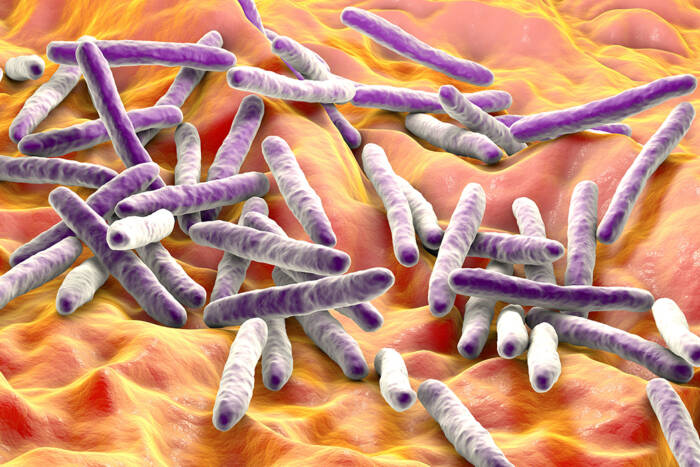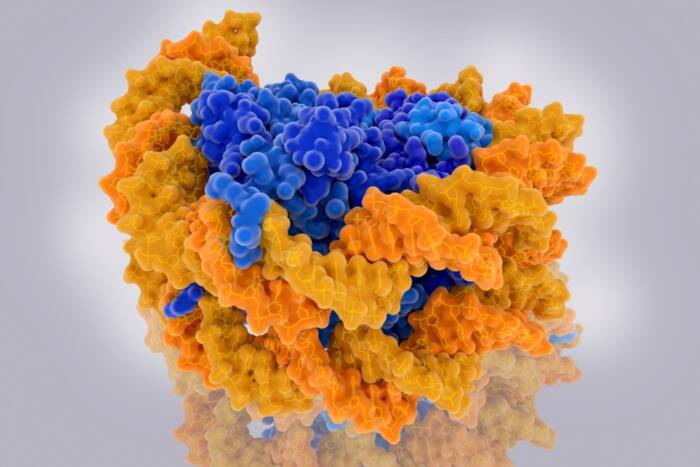Rockefeller announces tenure appointments of two faculty
Rockefeller University president Paul Nurse has announced the tenure promotion of two faculty members. Tarun Kapoor, a researcher in cell division and head of Rockefeller’s Laboratory of Chemistry and Cell Biology, was promoted from associate professor to professor effective February 1. Michael P. Rout, head of the Laboratory of Cellular and Structural Biology, which focuses on the nuclear pore complex, was named professor as of July 1. Both appointments were approved by the university’s Board of Trustees earlier this year.
“Both Tarun and Mike have flourished at Rockefeller and embody the kind of bold science that the university is known for,” says Nurse.
Kapoor, who holds bachelor’s degrees in chemistry and biology from the California Institute of Technology and a Ph.D. in chemistry from Harvard University, came to Rockefeller as assistant professor in 2001, following his postdoc at Harvard Medical School. He was named associate professor in 2005.
The Kapoor lab applies chemical approaches to the study of cell division. Kapoor’s research is focused on the mitotic spindle, the cellular assembly that guides the movement of chromosomes into their proper positions in preparation for cell division. In addition to studying how the spindle establishes bipolarity, which is required for proper cell division, Kapoor aims to understand how the cell detects and corrects errors in the process, which are linked to developmental defects, failed pregnancy and cancer. Kapoor also designs and discovers chemicals that block cell division through new mechanisms. He is the recipient of a Pew Fellowship in the Biomedical Sciences, among other honors.
Rout began his Rockefeller career as a postdoc in the laboratory of Günter Blobel after receiving his Ph.D. in 1990 from the Medical Research Council Laboratory of Molecular Biology in the United Kingdom, where he studied with J.V. Kilmartin. He was appointed assistant professor and head of lab in 1997 and was named associate professor in 2002.
The Rout lab is focused on defining the structure, mechanism and function of the nuclear pore complex, the macromolecular assembly that forms the gateway between the cytoplasm and the nucleus in all eukaryotic cells and regulates the transport of molecules into and out of the nucleus. Revealing the molecular architecture of the nuclear pore complex as a whole has largely defied traditional techniques. Hence, Rout employs a hybrid approach of experimental methods, integrating different kinds of overlapping information about the nuclear pore complex’s 30 components to get to the big picture. Rout is the recipient of numerous awards, including a Presidential Early Career Award for Scientists and Engineers.


